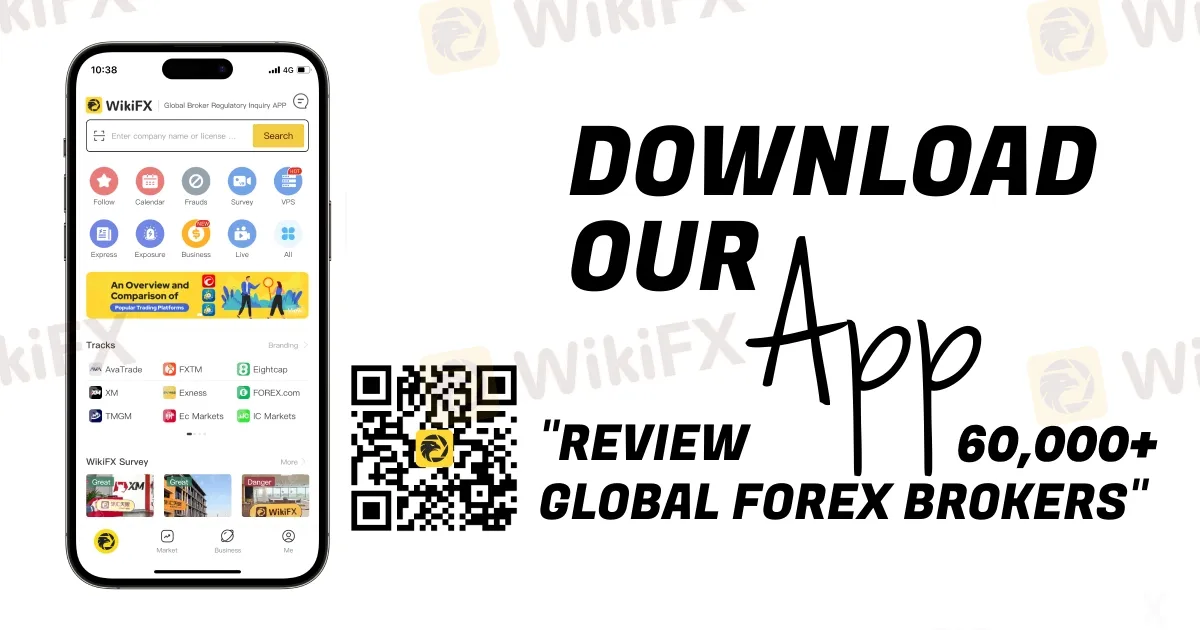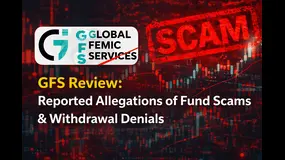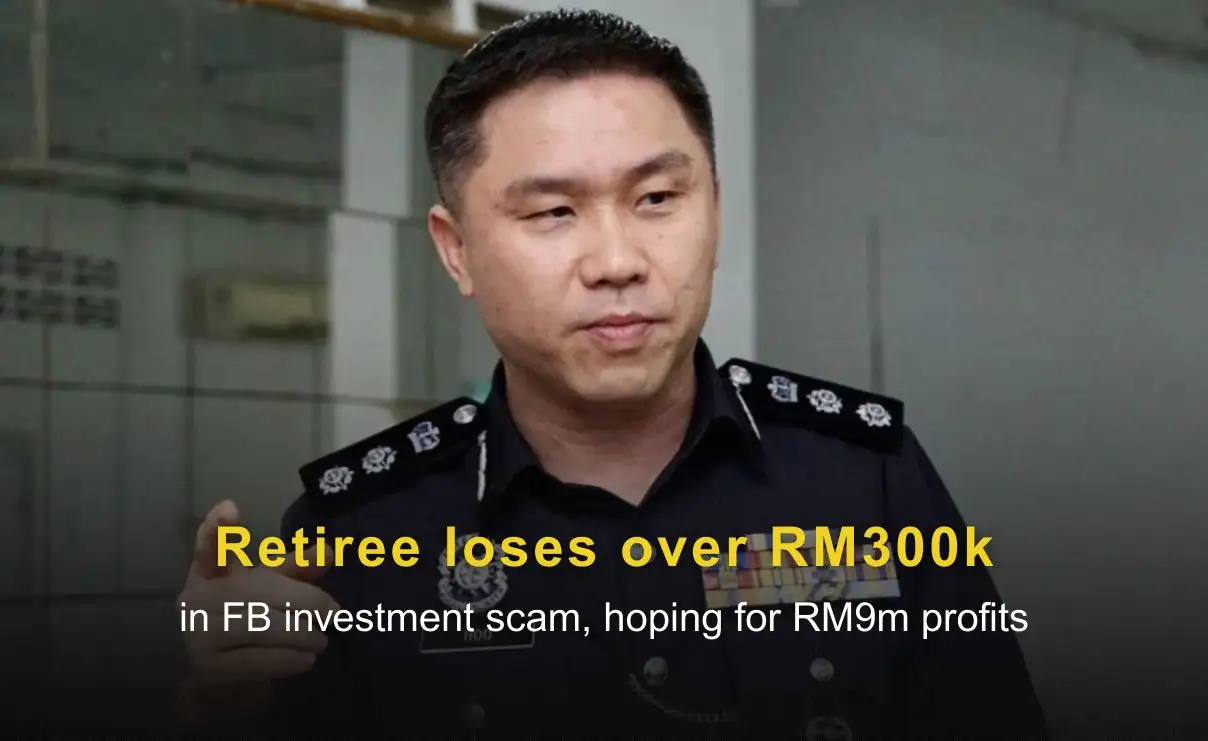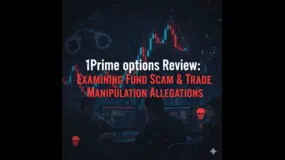Abstract:Fibo Group review highlights revoked regulation, offshore risks, and verified scam complaints from global traders.
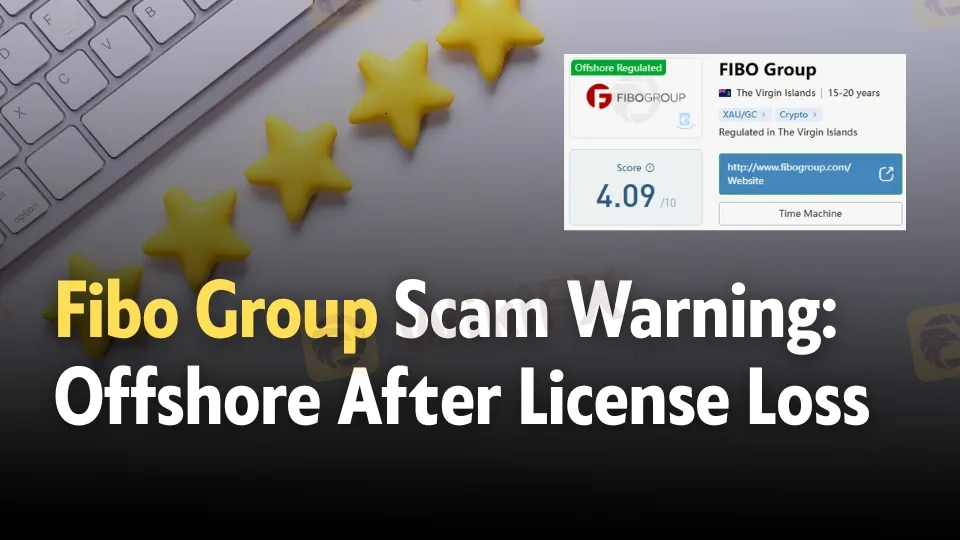
License Revocation Signals Offshore Risk
Fibo Group, a longtime multinational brokerage, has suffered a notable regulatory setback: both its UK Financial Conduct Authority (FCA) and Cyprus Securities and Exchange Commission (CySEC) licenses are now revoked. This means the entities formerly regulated in the EU and UK can no longer legally serve clients under those jurisdictions, stripping traders of the protections and dispute mechanisms those regimes offered. The firms current regulatory anchor is an offshore license from the British Virgin Islands Financial Services Commission (FSC, license SIBA/L/14/1063), a jurisdiction with far weaker investor safeguards than the EU or UK.
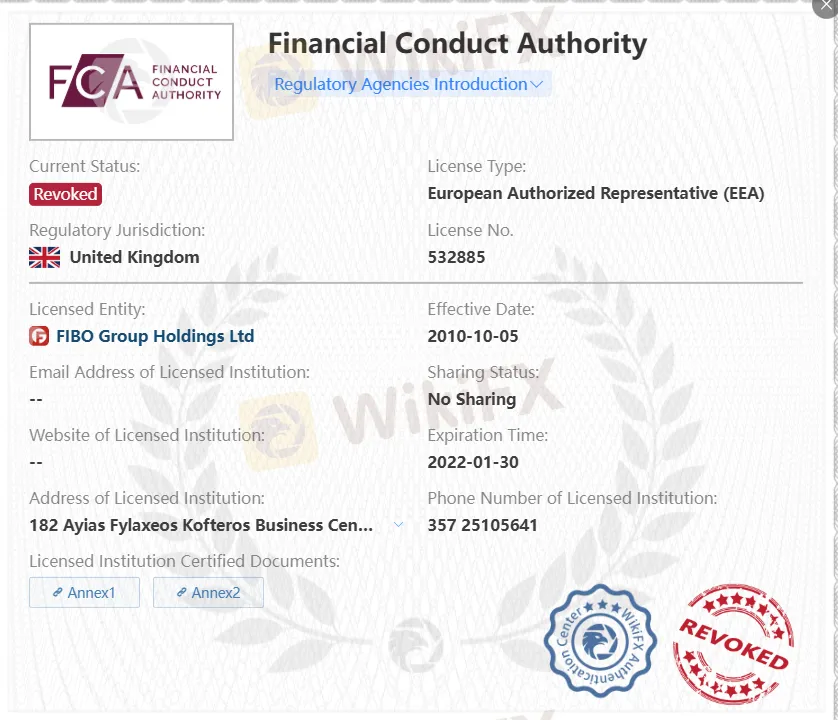
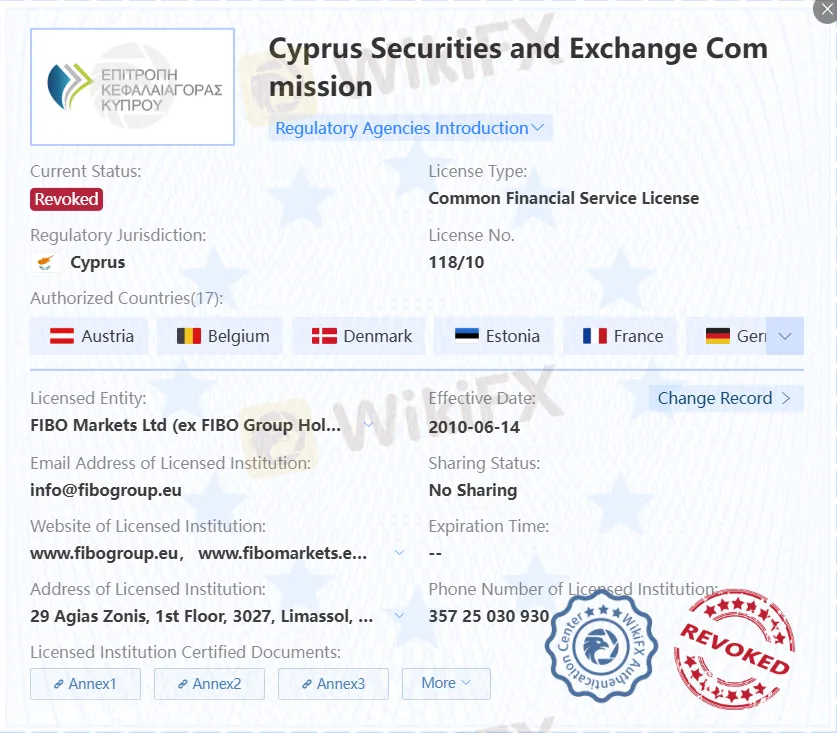
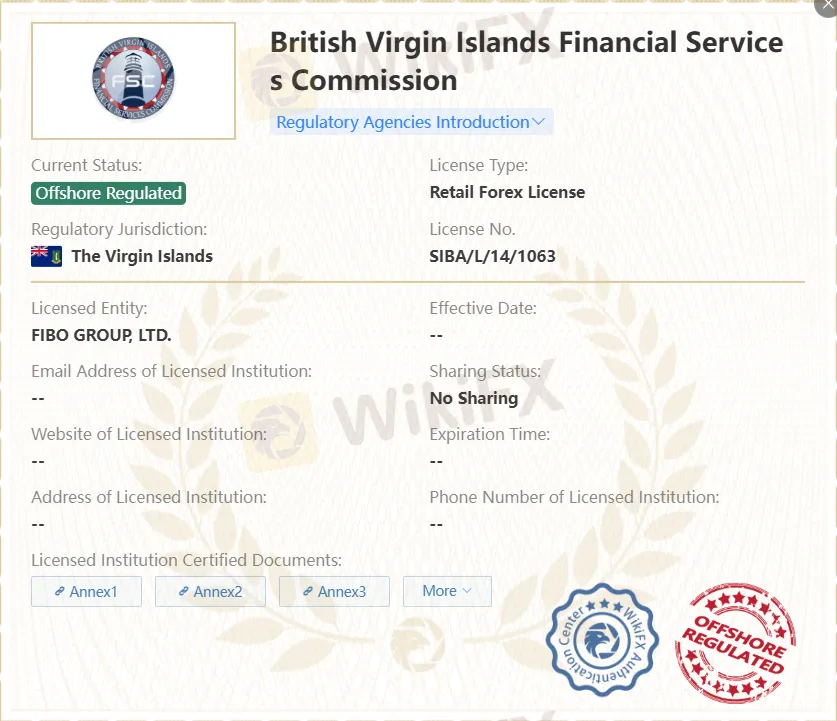
Expert Insight:
The shift from onshore to offshore regulation is a clear escalation in risk. Experienced traders and compliance professionals routinely flag such transitions as red flags, as they often precede degraded client protections and increased difficulty resolving disputes.
Verified Complaints: A Pattern of Alleged Malfeasance
Four recent, verified complaints filed via the WikiFX app—a platform that aggregates and verifies broker grievances—paint a consistent and troubling picture of Fibo Group‘s current operational practices. These are not anonymous forum rants, but documented cases with user IDs, timelines, and transaction details. Here’s what traders report:
- Deposit Disappearance: In the Netherlands, a client (FX6750903922) says, “This broker scammed me of my money… I was eagerly persuaded to deposit my funds, deposited, and it didnt reflect. I opened another account, and the same thing happened.” This pattern—where funds vanish after deposit—is a hallmark of forex scam brokers and a serious fraud allegation.
- Trading Sabotage: A Ukrainian trader (FX3744815689) reports “all trades to no avail… they have taken my money,” listing multiple trades (EURAUD, USDSGD) with timestamps and results, alleging that profitable positions mysteriously failed or reversed.
- Withdrawal Obstruction: A UK-based client (FX1432224505) details “difficult to place a withdrawal… its time consuming… lots of ads and ask for unnecessary information that are not required for the withdrawal,” a tactic frequently cited in offshore trading scams to delay or deny access to funds.
- Order Manipulation: An Indian trader (buck35) accuses Fibo Group of “malicious liquidation” of a US stock (MSFT) position “before the US stock market opened… you deleted the order during the non-trading time the next afternoon.” The user provides account numbers and timestamps, alleging the broker cancelled trades outside market hours, a serious breach of market conduct norms.
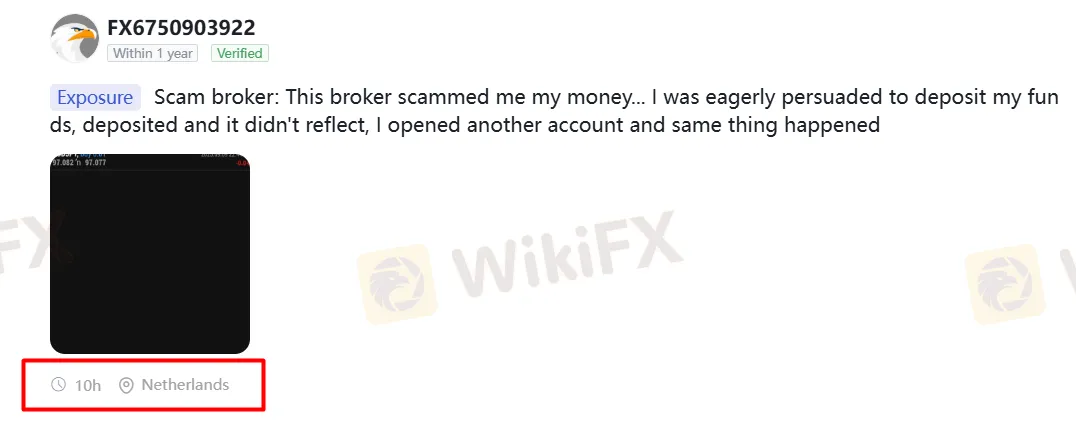
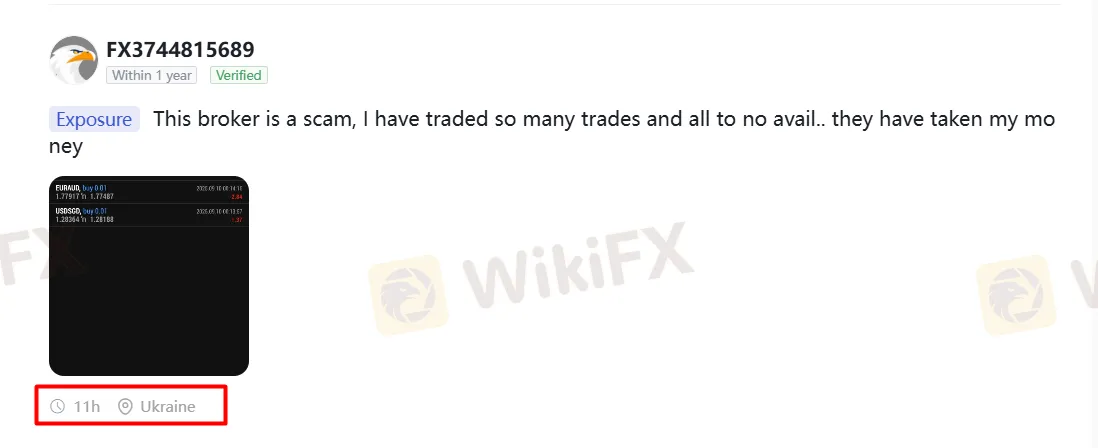
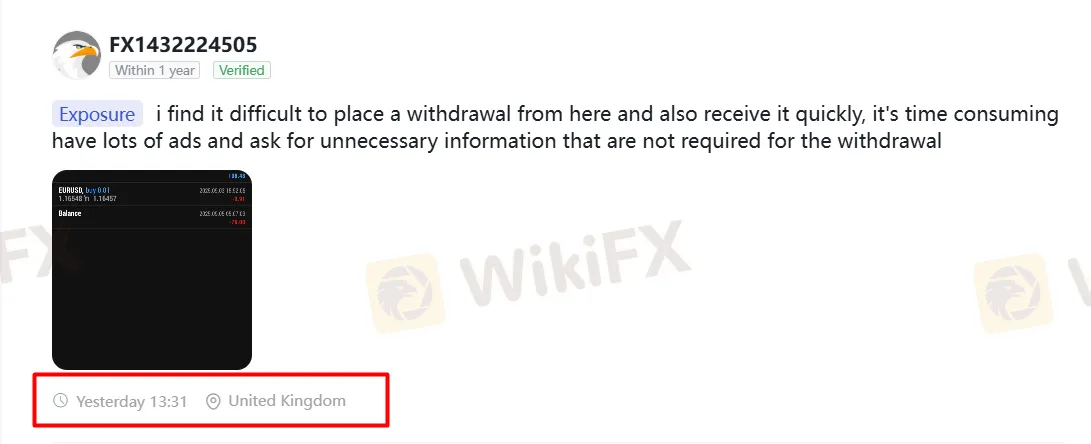
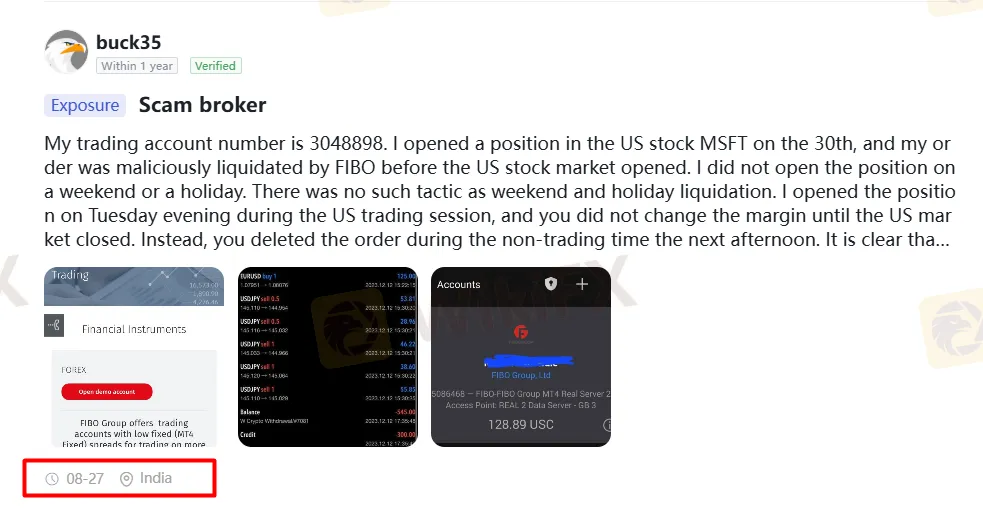
How Fibo Groups Structure Amplifies Risk
Fibo Groups corporate and regulatory structure, as detailed in the attachment, is now entirely offshore. The FCA and CySEC licenses are defunct, and the BVI FSC license is the only one cited for current operations. This matters because:
- No EU/UK Recourse: Clients can no longer appeal to the FCA or CySEC for help. Disputes must go through the BVI, where resolution is slower, less transparent, and lacks robust compensation schemes.
- Weaker Oversight: The BVI FSC has limited resources for enforcement compared to major onshore regulators. This is a common trait among unregulated forex brokers, making it easier for malpractice to persist.
- Global Client Base, Offshore Protections: Fibo Group continues to market itself internationally, but offers only offshore protections. This misalignment is a frequent source of trader complaints and review skepticism.
Due Diligence Before Trading: Practical Steps
Given these risks, traders considering Fibo Group should:
- Check License Status: The FCA and CySEC licenses are revoked—confirm this yourself on each regulators website, as shown in the attachment. The BVI FSC license is active, but offers minimal protection.
- Scrutinize Withdrawal Policies: Complaints consistently cite withdrawal delays and unreasonable documentation demands. Test small withdrawals before committing significant capital.
- Look for Trading Anomalies: Be alert to orders liquidated out-of-hours or trades that mysteriously reverse, as alleged by multiple users.
- Use Independent Monitoring: Platforms like WikiFX aggregate and verify complaints, providing a clearer picture than broker-controlled review sites.
Expert Advice:
Always check the brokers negative cases on the WikiFX app before trading. Scan the QR code below to download and install the app on your smartphone for real-time alerts and verified scam broker intelligence.
Is Fibo Group a Scam? The Verdict
While “scam” is a strong label, the evidence from both regulators and verified users is concerning:
- Two major onshore licenses revoked.
- Active offshore license only, with well-documented gaps in investor protection.
- Multiple, recent, verified complaints alleging deposit loss, withdrawal obstruction, and trading malfeasance.
- Longevity is not a guarantee of safety—once-strong brands can degrade rapidly after regulatory downgrades.
Conclusion:
Fibo Group is now a high-risk, offshore-only broker with a pattern of serious, verified user complaints. Traders should avoid Fibo Group unless they fully understand and accept the legal and financial risks of offshore trading with diminished recourse.
Always check the brokers negative cases on the WikiFX app before trading. Scan the QR code below to download and install the app on your smartphone for verified intelligence on forex broker blacklist alerts and investment fraud risks.
